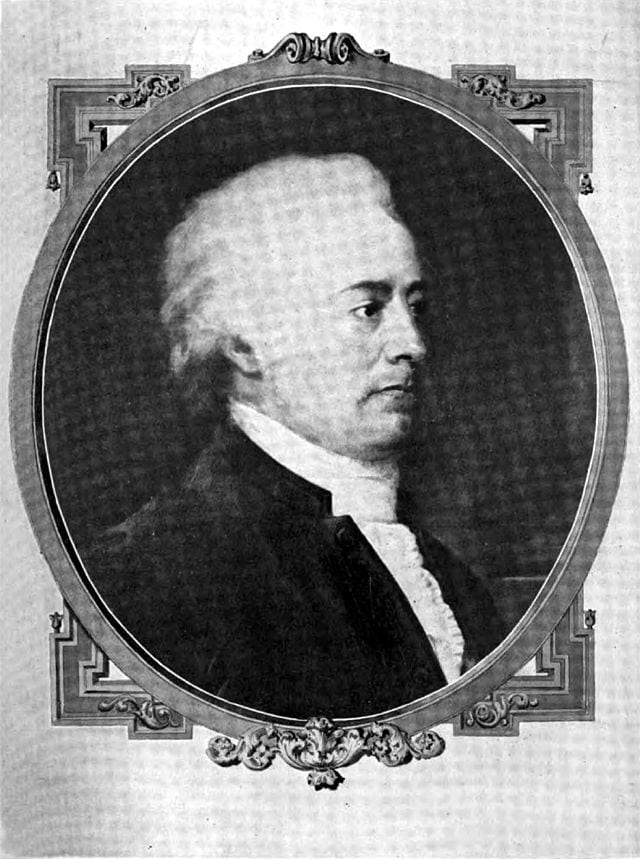
ADVERTISEMENT - CONTINUE READING BELOW
14. Evidence of Iroquois influence on the framers of the Constitution is scant
The records left by the framers recording the events in Philadelphia in 1787 contain very few mentions of the Iroquois Confederation, and none of substance. That does not mean they weren’t discussed by men who certainly knew of the Iroquois. It just means none of the participants considered such discussions, if any occurred, to have been of significant importance to record for posterity. Some writers who support the Iroquois influence thesis did so by citing, as a source, family oral traditions handed down by the descendants of some of the Founders. One such case concerned John Rutledge of South Carolina. According to the story, which has been repeated over and over online and in magazine and newspaper columns, Rutledge read passages from the Iroquois Great Law to his fellow delegates, including the words, “We the People”. No contemporaneous record of such an act has been found.
Rutledge was purported to have read the words, part of a passage with eerie similarities to the eventual Preamble to the Constitution, from a parchment document over two centuries old. At that time, the Five Tribes of the Iroquois had no written language, and their laws were encoded in wampum via symbols. While a translation into English could have been possible, it seems unlikely. The words read as if contemporaneous to the late 18th century, the time of the Convention, rather than the early 16th century, supposedly the era of the parchment being written. Other writers argue that Thomas Jefferson was also influenced in shaping his views by the Natives in Virginia, evidenced by his own writings in his Notes on the State of Virginia. However, Jefferson was not present at the Constitutional Convention, and his Notes indicate he urged Native Americans to assimilate into an agrarian society.

